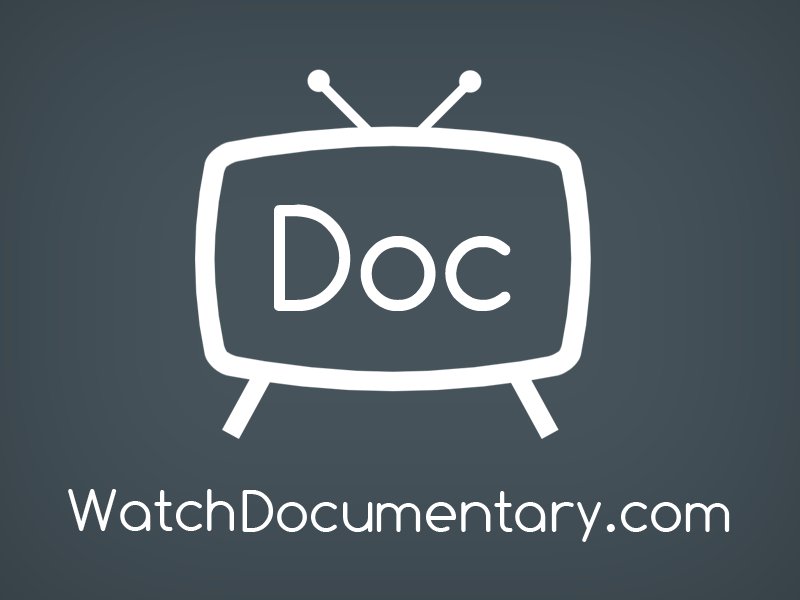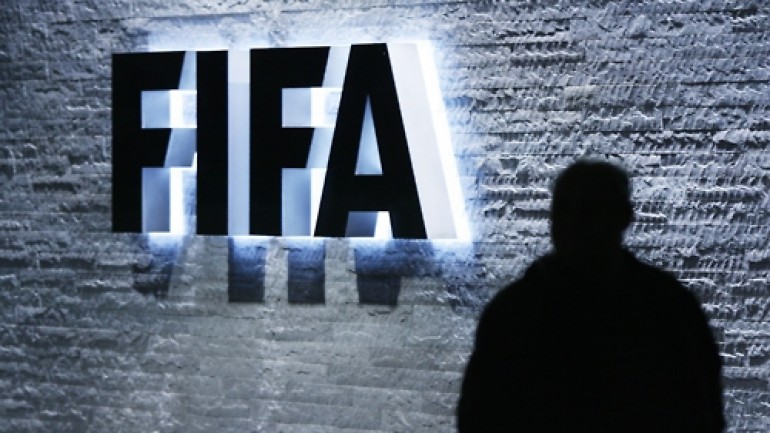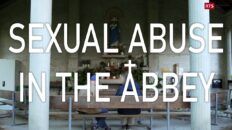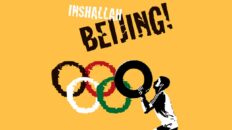In a gripping half-hour program, investigative journalist Andrew Jennings delved into allegations of corruption within FIFA, the global governing body of association football.
Jennings uncovered damning evidence suggesting that three members of FIFA’s executive committee had accepted bribes from International Sports and Leisure, a marketing partner of FIFA. Nicolas Leoz, Issa Hayatou, and Ricardo Teixeira were implicated in dealings with a sports marketing firm responsible for broadcasting rights, allegedly receiving financial kickbacks.
Furthermore, Jennings exposed a fourth official’s involvement in ticket touting, raising concerns about FIFA’s integrity under the leadership of President Sepp Blatter.
Airing just three days before the announcement of the bidding results for the 2018 and 2022 FIFA World Cups, the documentary sparked controversy and speculation regarding its potential impact on England’s bid to host the tournament. Despite accusations of unpatriotic reporting, the BBC defended its investigative journalism.
Ultimately, Russia secured the hosting rights for the 2018 FIFA World Cup, while Qatar emerged victorious for the 2022 tournament. The documentary’s influence on England’s unsuccessful bid prompted discussions among key figures in the aftermath of the bidding process.
Hayatou, FIFA’s vice-president, vehemently denied any involvement in the alleged scheme, asserting that payments were made to the Confederation of African Football (CAF). He threatened legal action against the BBC for the documentary’s production, which garnered 52 complaints from viewers.





Add comment